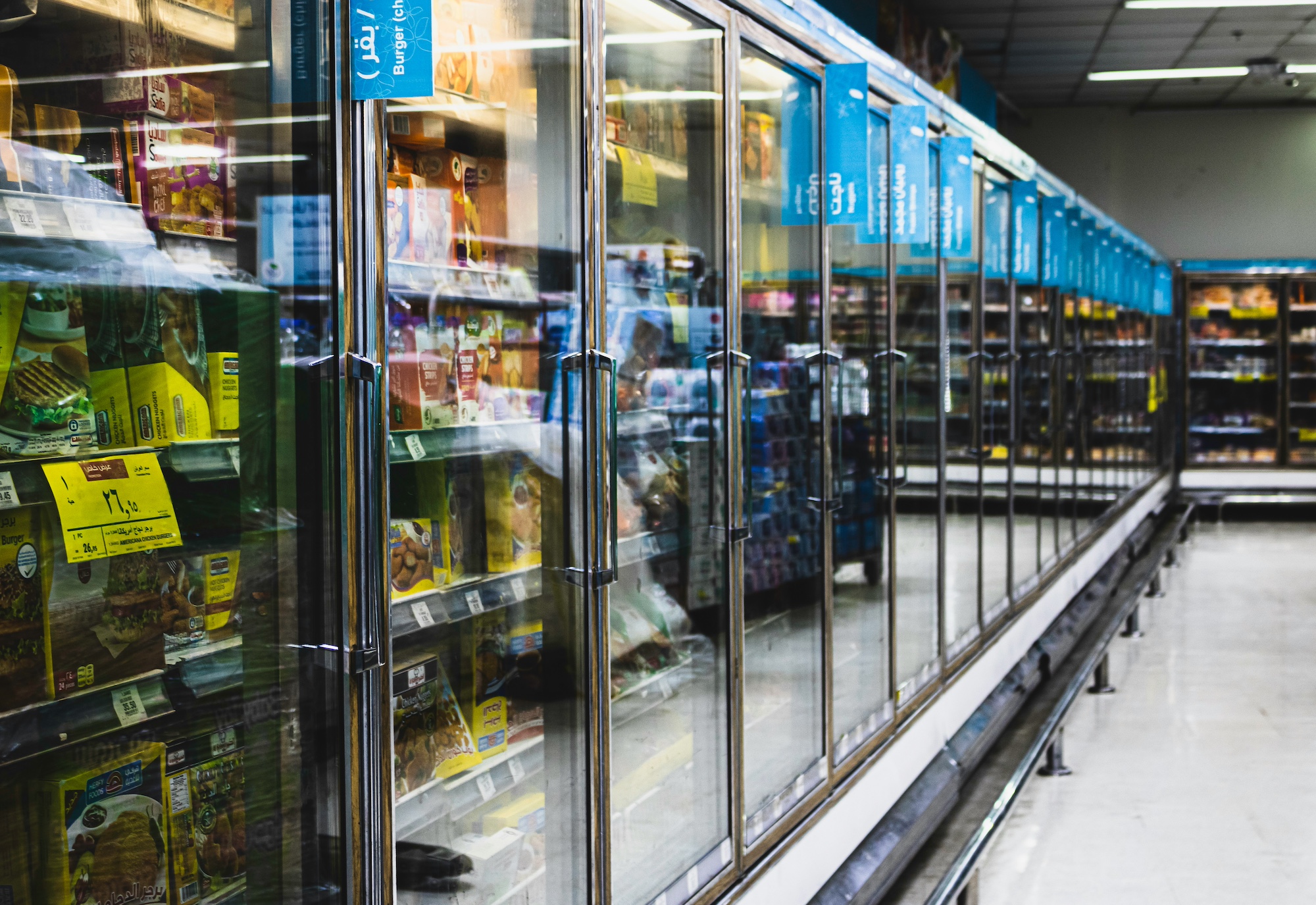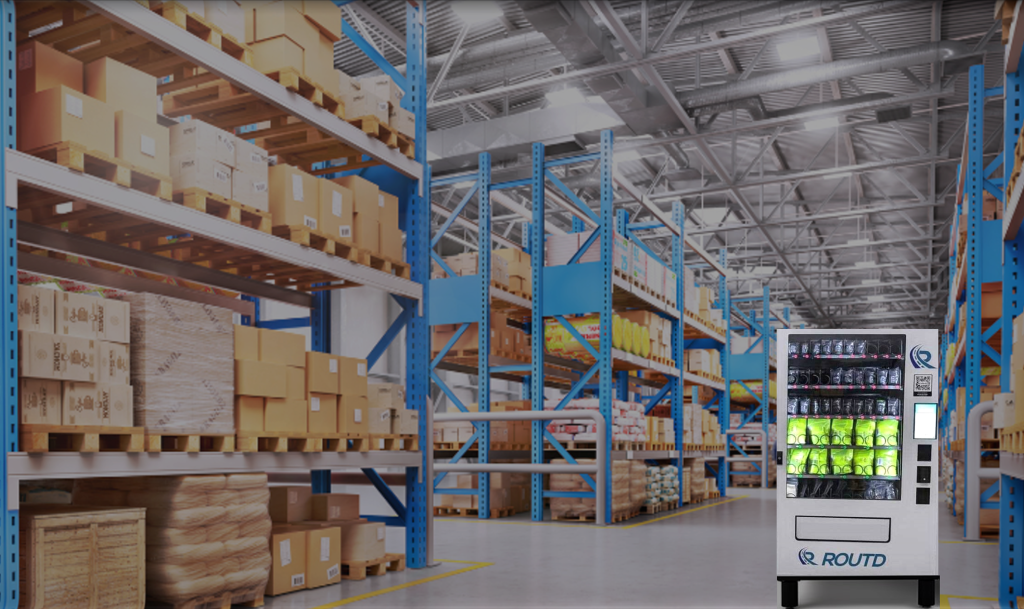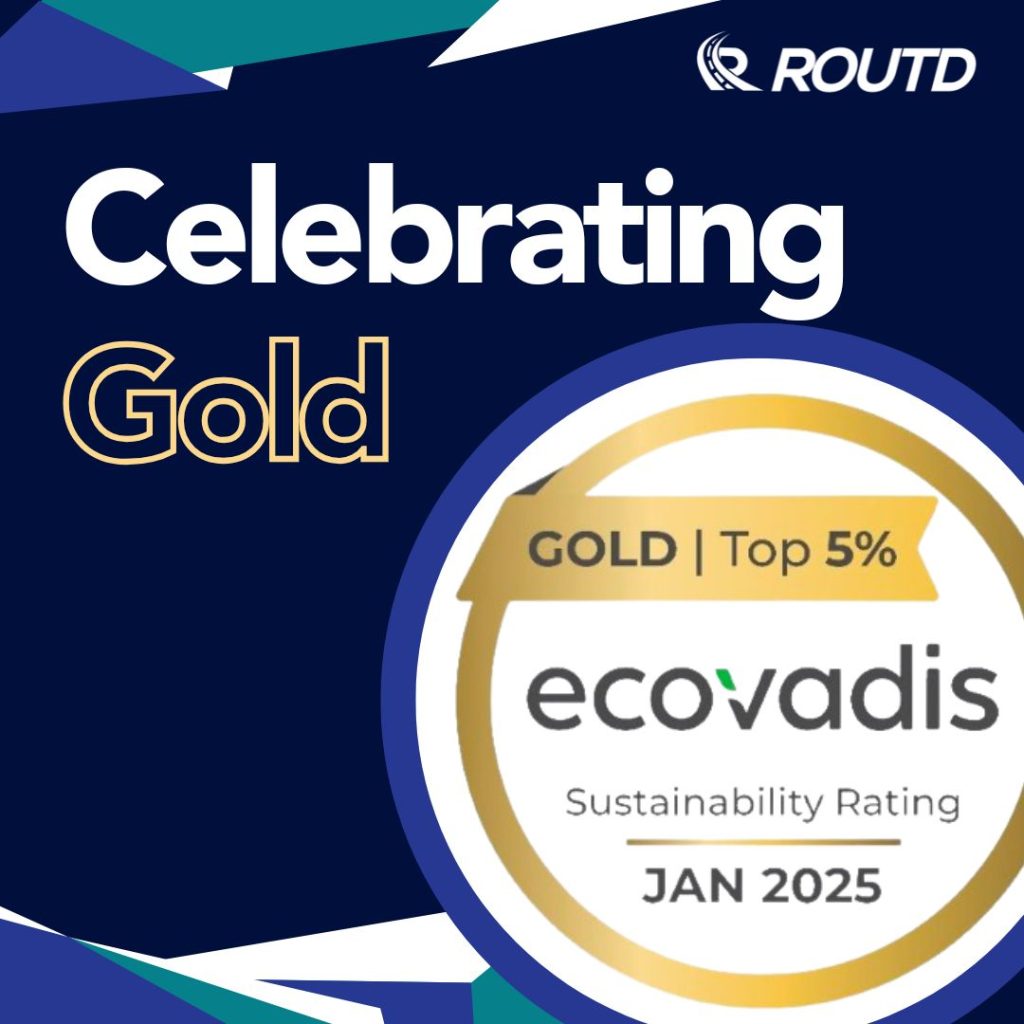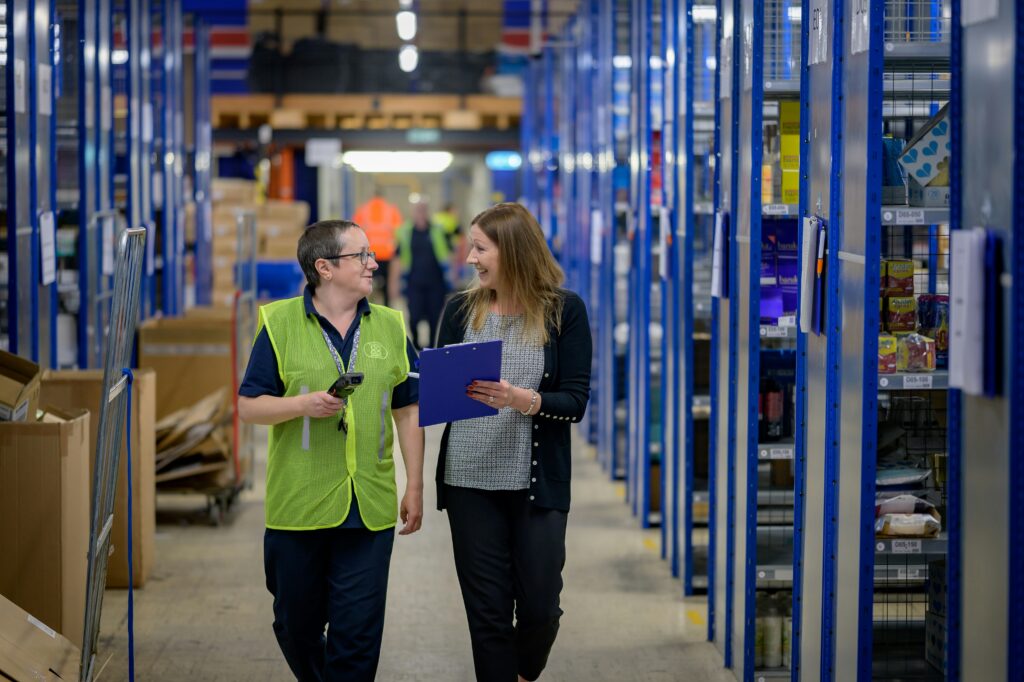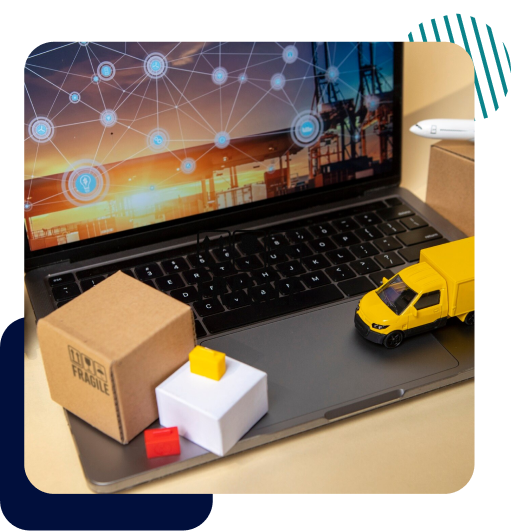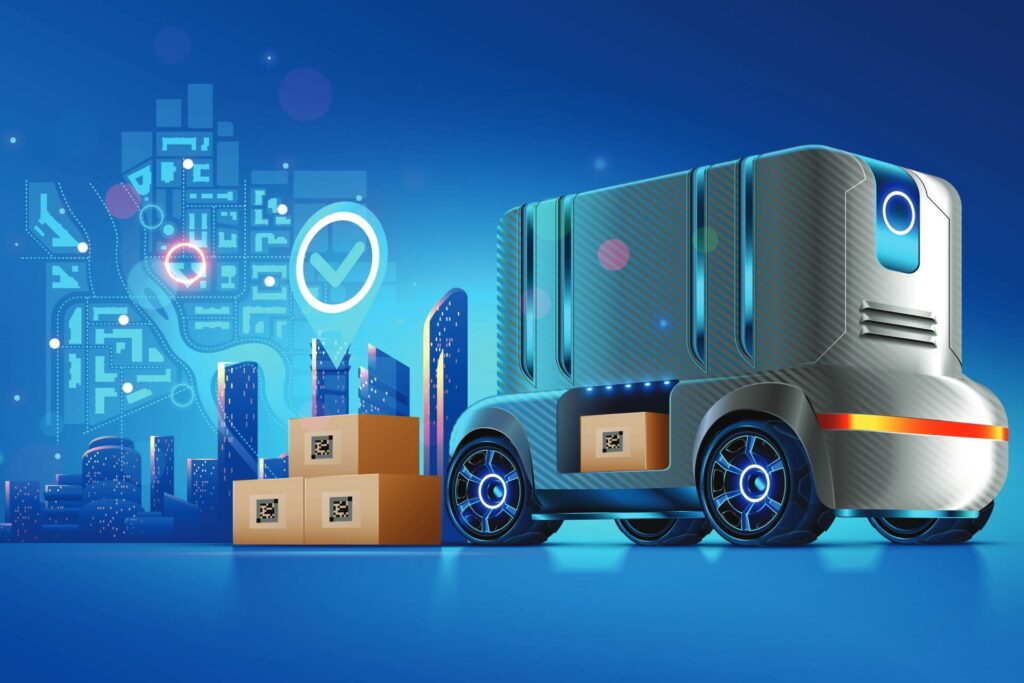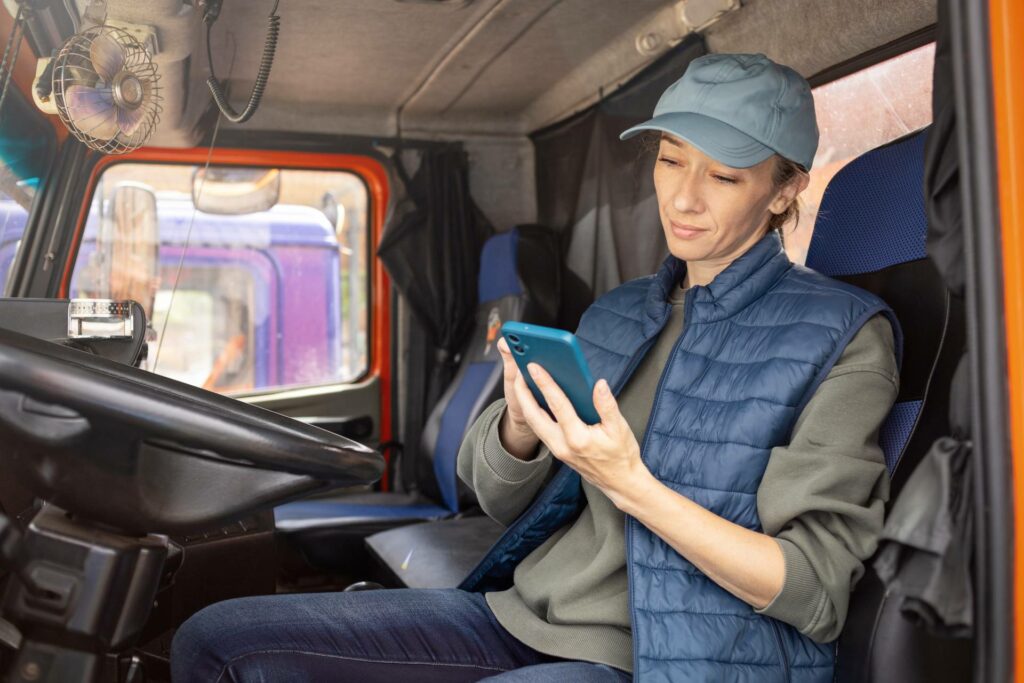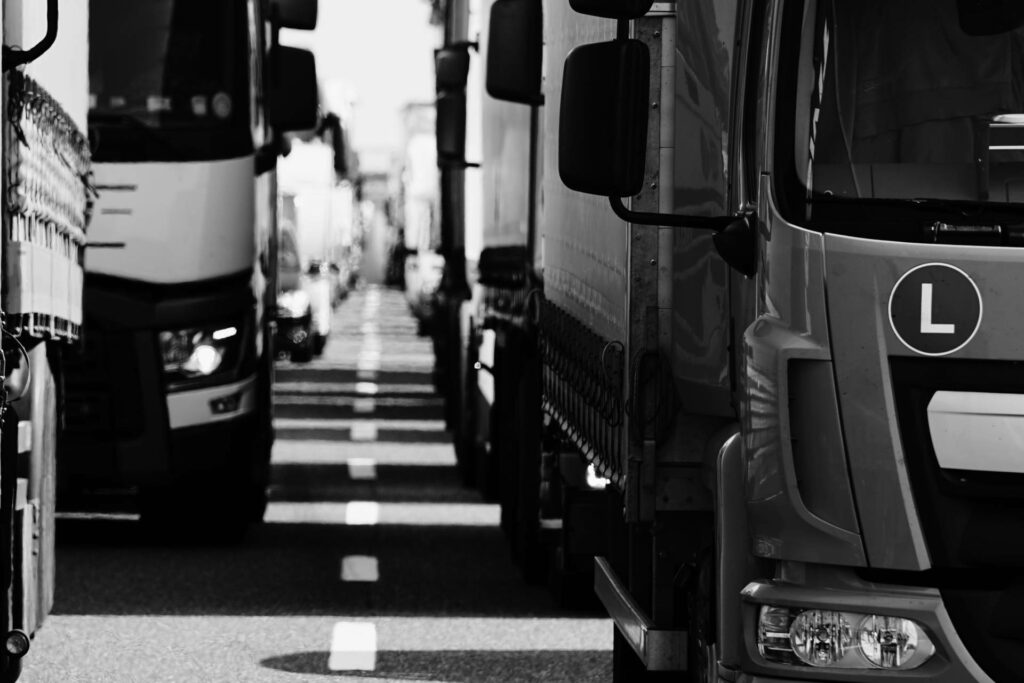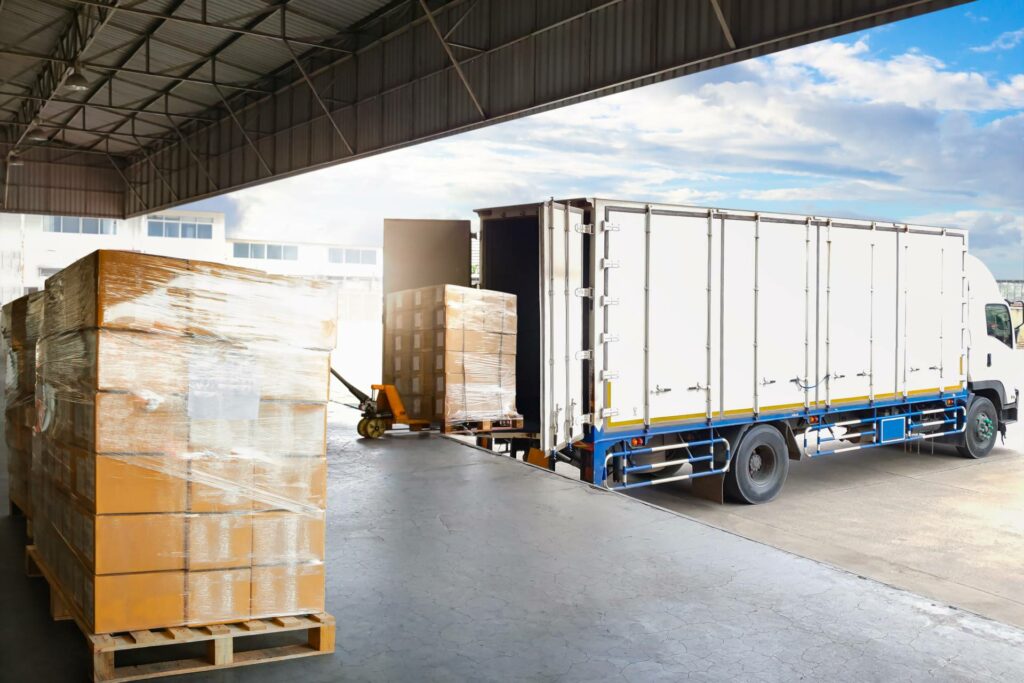Recently a large supermarket chain announced it was trialing turning up their freezer temperatures by three degrees to reduce carbon emissions.
The reduction of freezer temperatures isn’t just taking place in store, it’s happening across their whole supply chain. This means that the transportation used for last-mile frozen food delivery will also need to comply with, and report on, this change.
Using a technology solution like ROUTD for last-mile delivery ensures processes like temperature checks are automated, removing the need for manual checks and recording.
Last-mile software solutions that use AI and machine learning like ROUTD also help companies reduce carbon emissions through smart route planning. By creating the most efficient routes for deliveries, fleets reduce the number of journeys needed and fuel used, which in turn reduces the emissions they’re creating.
We’re looking forward to seeing the data on their carbon savings and whether this will be the start of a new best-practice approach to frozen food storage.
Contact the team to learn more about how ROUTD can help you reach your ESG goals.

